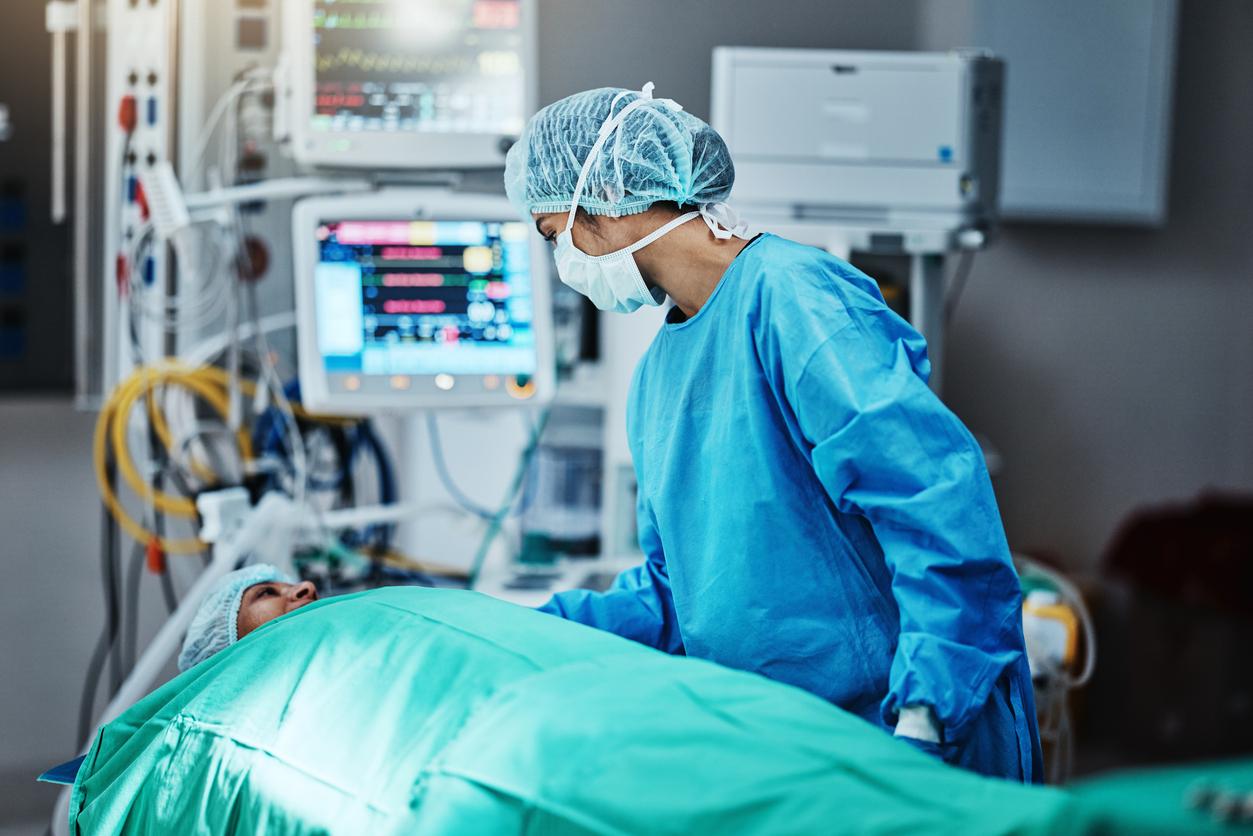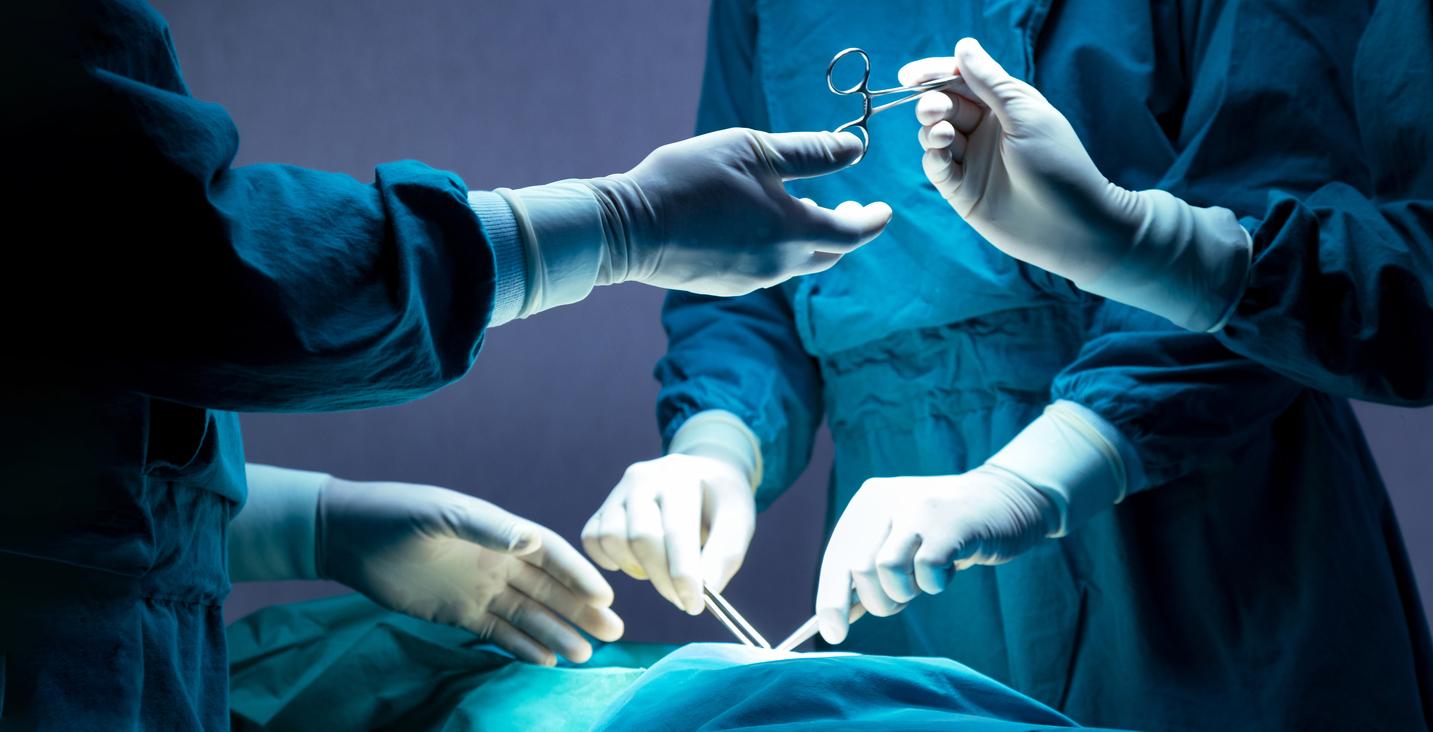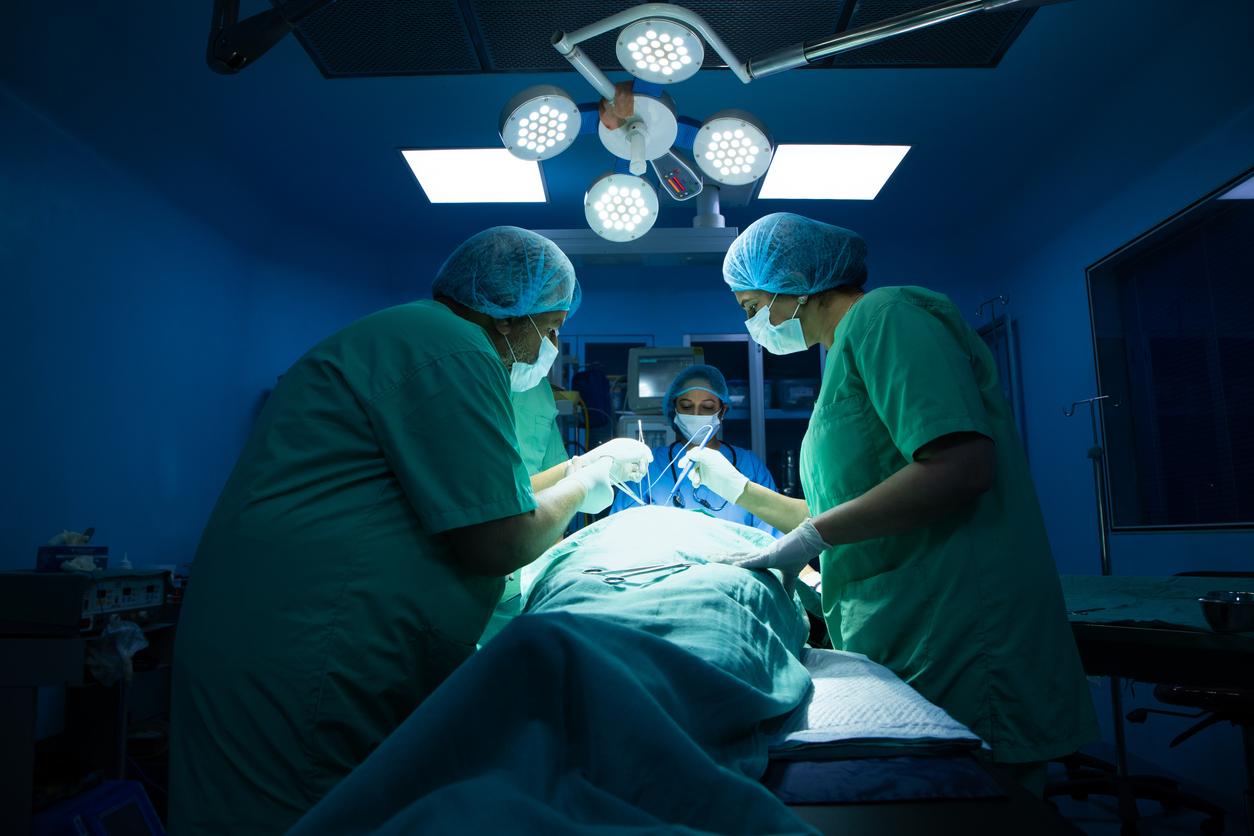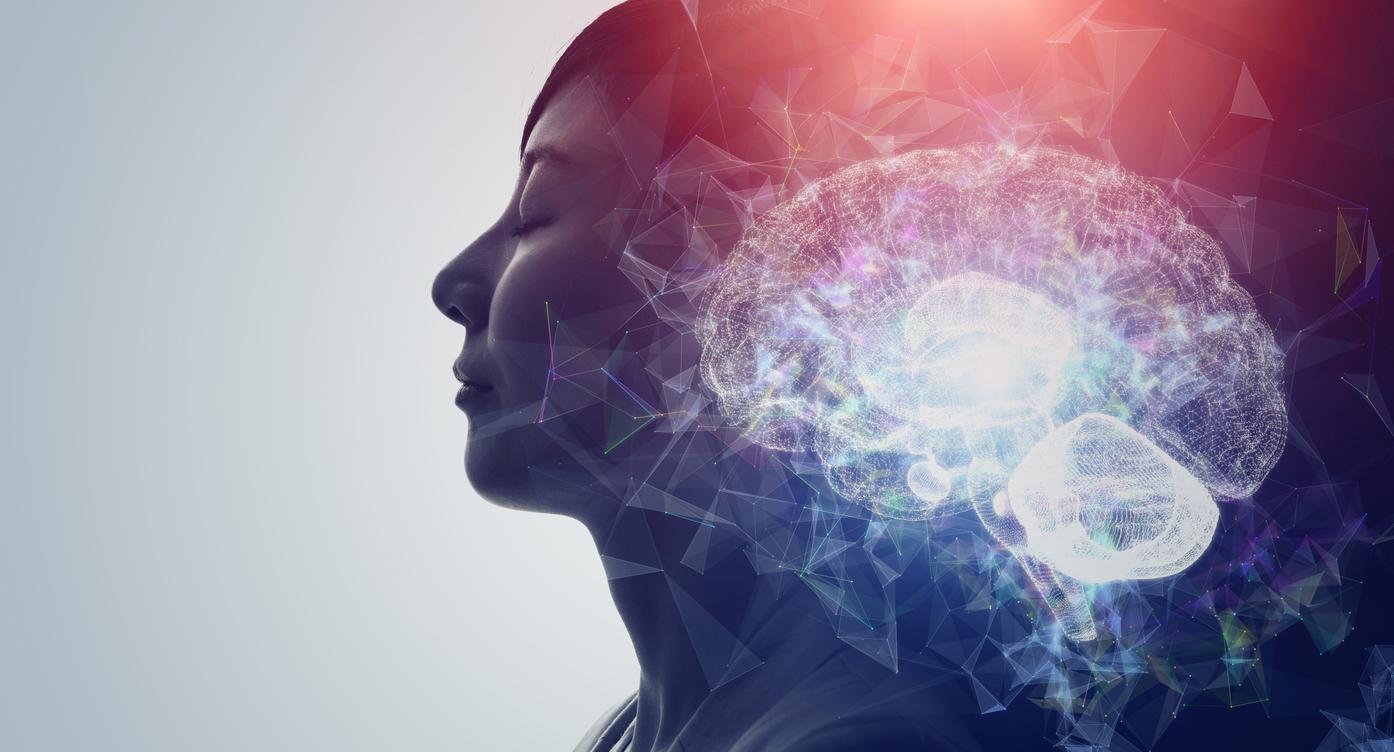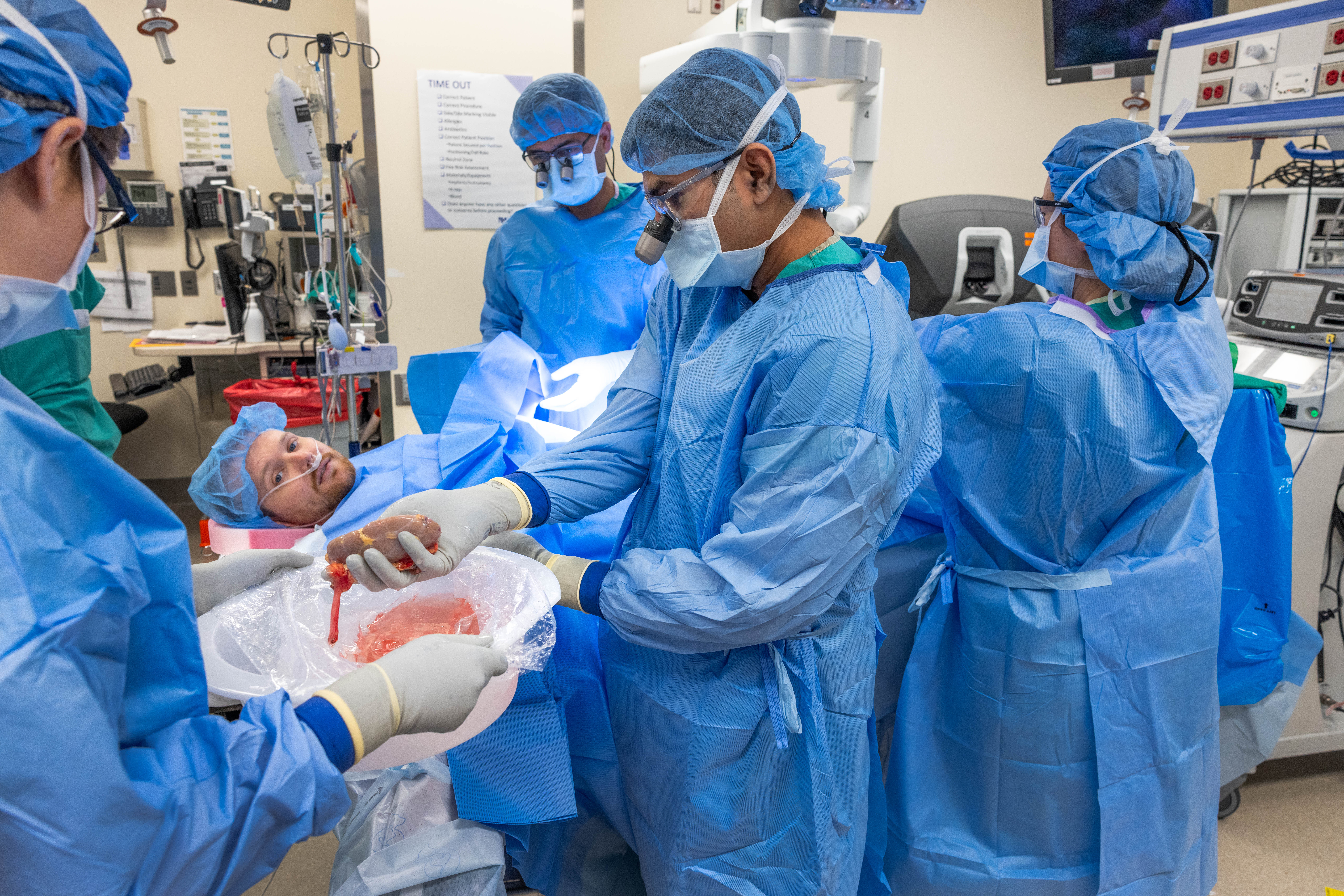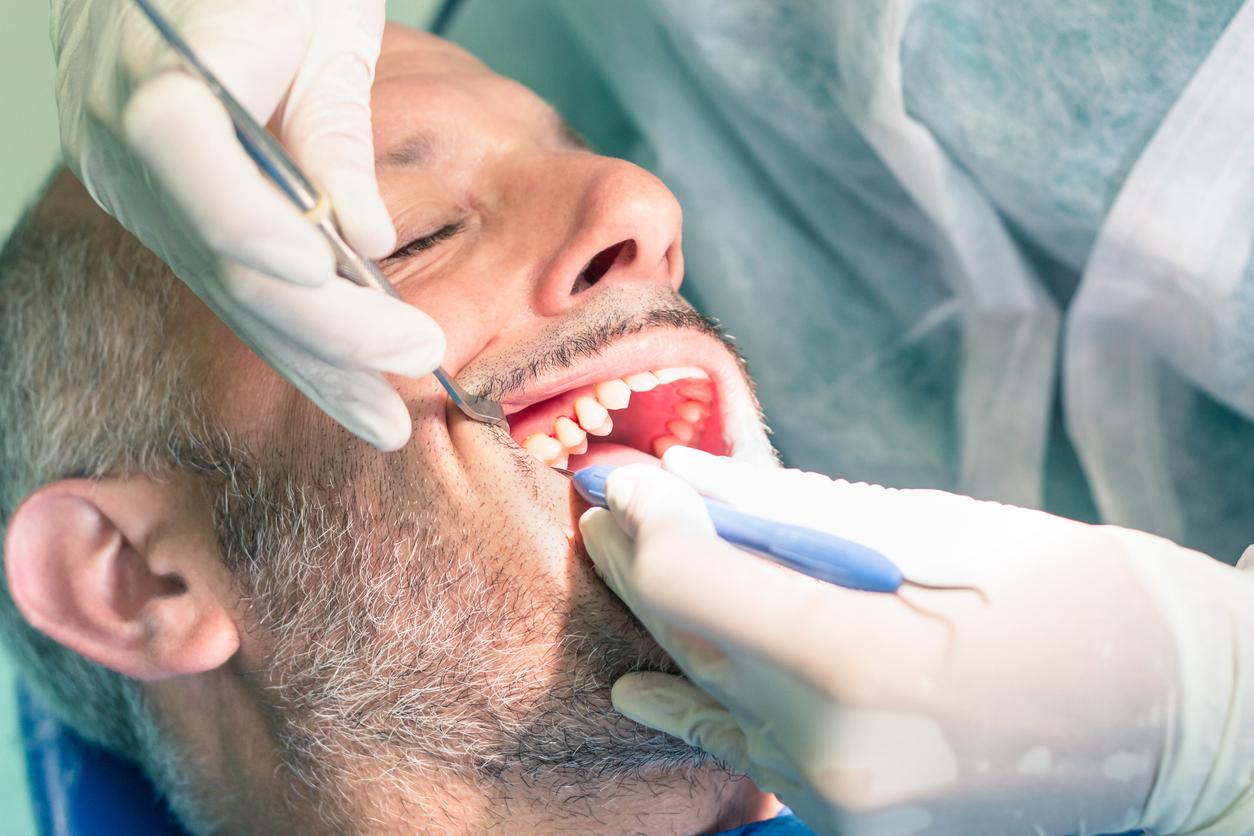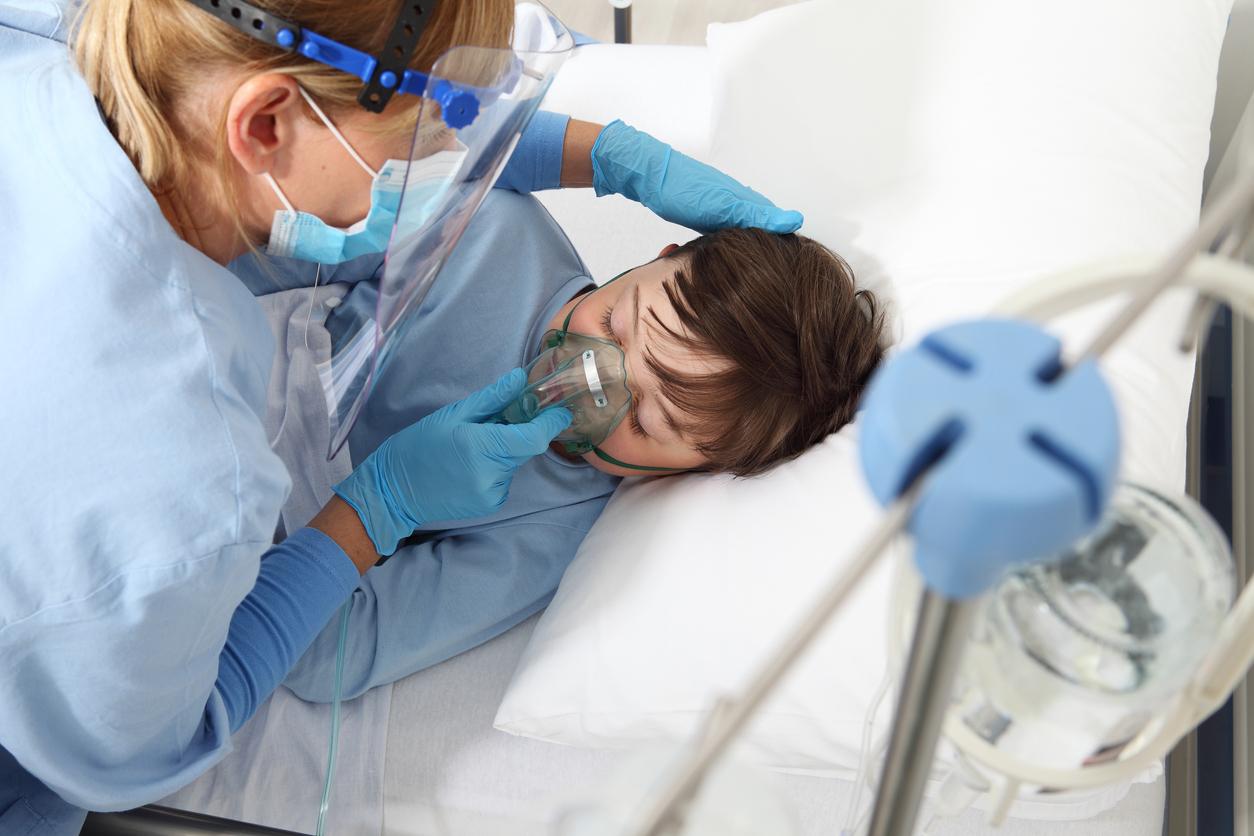Researchers have identified brain structures that may predict a person’s predisposition to wake up accidentally from general anesthesia.
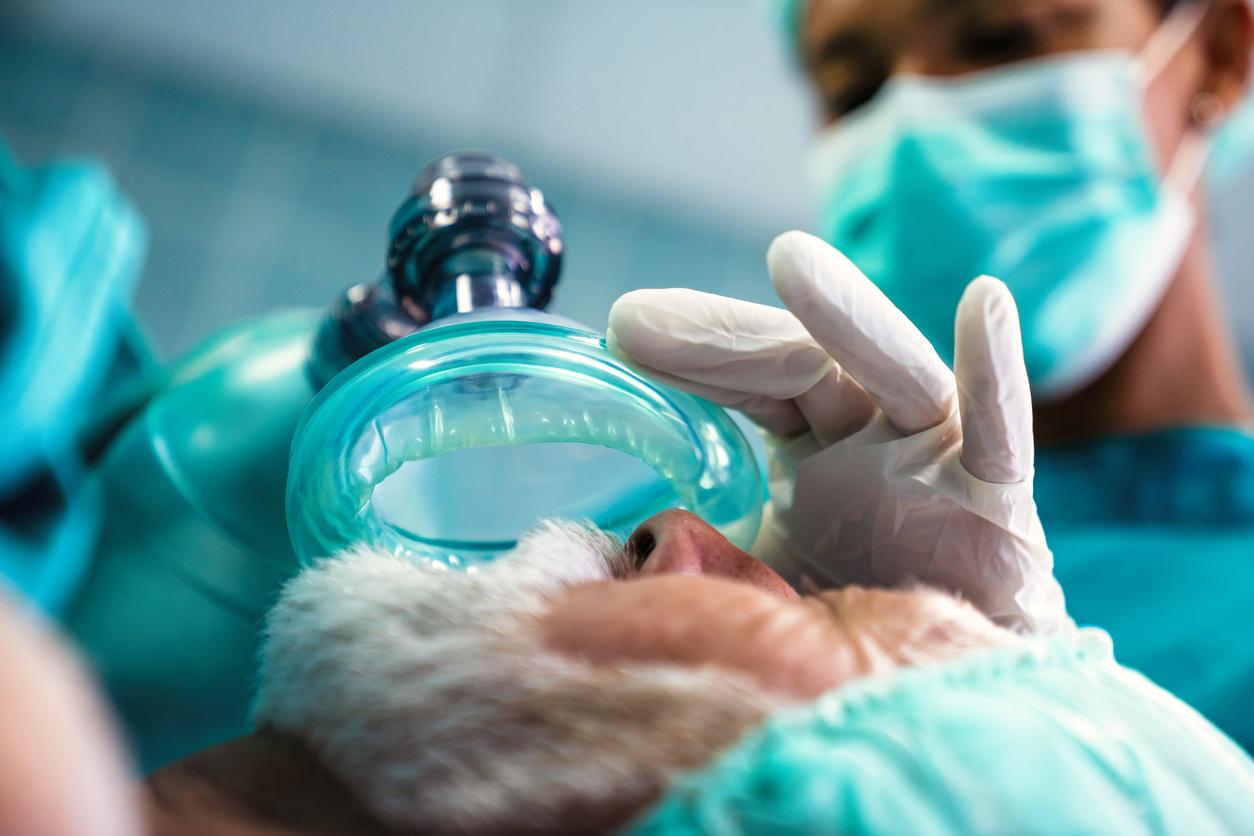
- 9 million general anesthesias are performed each year in France.
- If any medical procedure carries a risk, complications after anesthesia have become rare. The mortality rate varies from 0.4 per 100,000, in the case of healthy patients, to 55 per 100,000 for those with serious pathologies.
General anesthesia plunges the patient into a state comparable to sleep to suppress all motor reflexes, and of course the sensation of pain. However, one in four people may have subjective experiences during the operation, such as dreams. A small number of individuals even regain consciousness accidentally (0.05 to 0.2% of cases).
Until now, scientists did not know the reasons for this rare phenomenon. A new study, led by neuroscientists at Trinity College Dublin, has managed to pinpoint a possible cause.
1 in 3 patients are more resistant to the anesthetic
The researchers were able to identify brain structures that could help predict an individual’s predisposition to wake up under anesthesia.
For this study held in Ireland and Canada, they sedated 17 healthy people with propofol, the most common anesthetic agent. They measured the time the volunteers took to detect a simple sound when awake and then under sedation. They also assessed the brain activity of 25 participants listening to a simple story in both states.
The research found that one in three participants’ response times were unaffected by moderate propofol sedation. The team also showed, for the first time, that individuals resistant to anesthesia had fundamental differences in the function and structures of the frontoparietal regions of the brain compared to those who remained completely unconscious.
“Our results suggest that individuals with greater gray matter volume in frontal regions and stronger functional connectivity in fronto-parietal brain networks, may require higher doses of propofol to become unresponsive compared to individuals with lower connectivity and smaller gray matter volume in these regions”specifies Lorina Naci, professor of psychology who led the work published in the journal Human Brain Mapping.
A discovery that will help reduce awakenings and their consequences
The researchers assure that these brain differences can be determined well in advance of an operation. Checking this before performing anesthesia may help identify people who need higher than average doses of propofol.
“Detecting a person’s responsiveness to anesthesia prior to sedation has important implications for patient safety and well-being. Our results highlight new markers to improve awareness tracking during clinical anesthesia. Although rare, accidental awareness during surgery can be very traumatic and lead to negative long-term health outcomes, such as post-traumatic stress disorder, as well as clinical depression or phobias.”explains Professor Lorina Naci.










